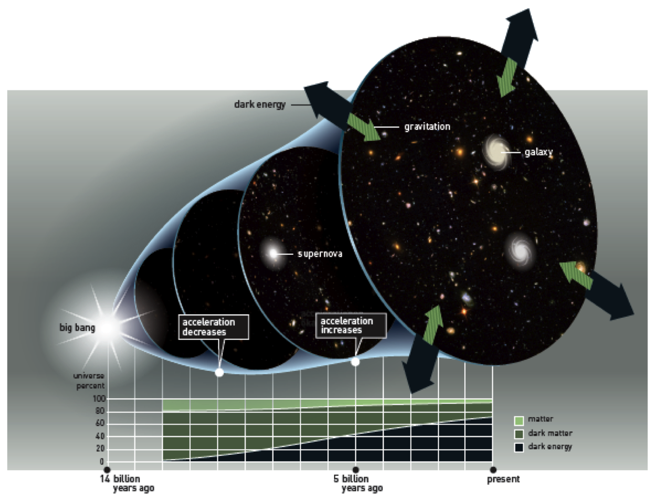What Every Physicist Should Know About Observational Cosmology

Speaker(s): Jodi Christiansen (’85)
Over the past 20 years cosmology has been transformed from a largely theoretical pursuit to a high-precision science with ~1% uncertainties. The theoretical developments of the last century and the observations that led to the discovery of 95% of the “stuff” of our universe weave a fascinating tale that finally answers the fundamental question of how it all came to be the way it is from about a picosecond after the Big Bang until today. We now find ourselves at a point where the general features of the universe can be explained with physics principles familiar to undergraduates, including conservation of energy and thermodynamics. In this talk I will present the physics model of the expanding universe and explain how it connects to important cosmological observations of Type Ia Supernovae, the Cosmic Microwave Background and Baryon Acoustic Oscillations.